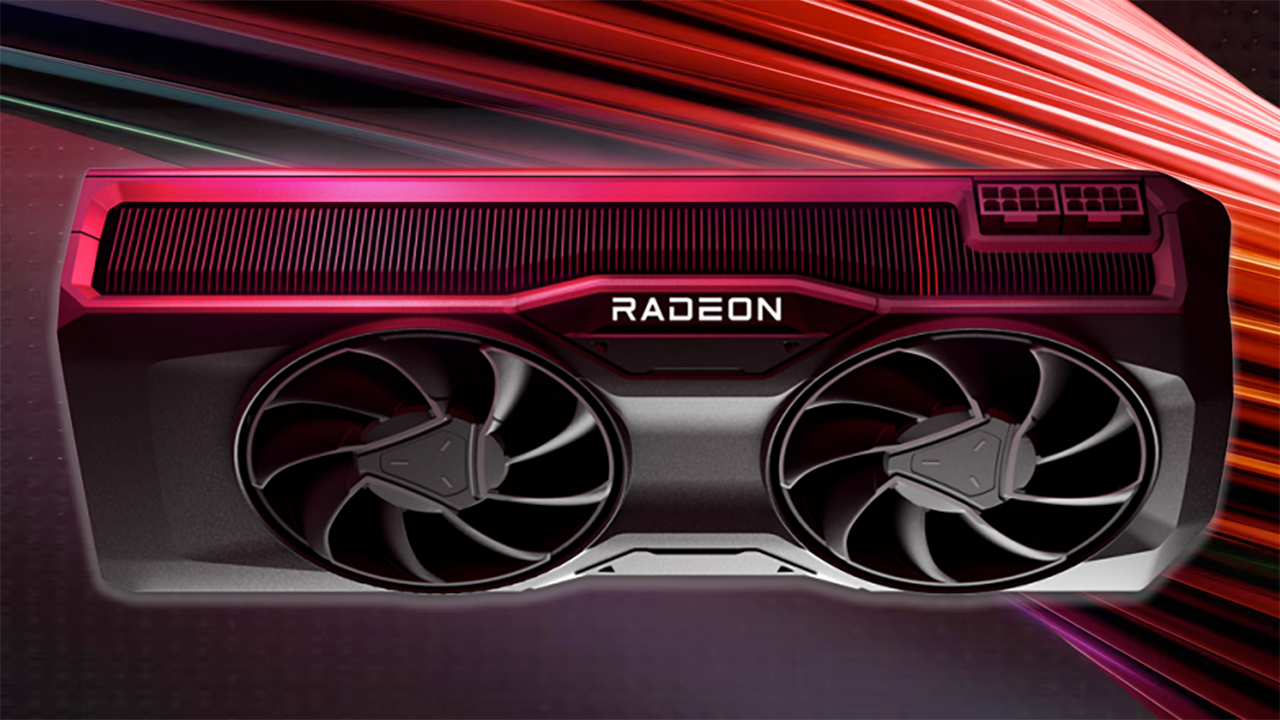AMD's Anti-Lag+ Triggers Anti-Cheat Protection in Multiple Games
AMD's latest Radeon driver makes Valve's anti-cheat system think the user is cheating.

AMD's Anti-Lag+ feature was designed to make games more responsive and improve user experience. However, its implementation triggers anti-cheat protection technologies in multiple online games, rendering the part unusable.
As it turns out, the enablement of Anti-Lag+ capability triggers anti-cheat protection in Call of Duty Modern Warfare 2, Call of Duty Warzone, and Apex Legends or crashes these games. On Friday, it turned out that Anti-Lag+ triggered anti-cheat protection in Counter-Strike 2, resulting in VAC's ban. As a result, AMD had to withdraw its latest Adrenalin driver.
AMD's Anti-Lag+ and Nvidia's Reflex technologies are designed to reduce input lag by optimizing how games are controlled and render graphics. There is a difference between how they are implemented, though.
Nvidia's Reflex is a separate library that game developers add to their titles, and this library interacts with the game engine. By contrast, AMD's Anti-Lag+ technology, currently supported by AMD's Radeon RX 7000-series graphics cards (which are among the best graphics cards), requires a feature in the company's drivers and modification of the game engine, which is something that triggers anti-cheat protection.
It is unclear whether AMD can implement its Anti-Lag+ differently without dealing with game engines or if game developers certify such modifications and make appropriate changes to their anti-cheat protection technologies. In the meantime, gamers should not use AMD's Anti-Lag+ in competitive online games to avoid bans.
Get Tom's Hardware's best news and in-depth reviews, straight to your inbox.

Anton Shilov is a contributing writer at Tom’s Hardware. Over the past couple of decades, he has covered everything from CPUs and GPUs to supercomputers and from modern process technologies and latest fab tools to high-tech industry trends.
-
Alvar "Miles" Udell ReplyIt is unclear whether AMD can implement its Anti-Lag+ differently without dealing with game engines or if game developers certify such modifications and make appropriate changes to their anti-cheat protection technologies.
I don't see many, if any, game developers simply authorizing modifications by AMD, especially not after they've made all this work for them having to identify and reverse bans, seems like it would open a door for cheaters to fake AMD's paths and implement their own cheats, especially since AMD comprises a vast minority of GPUs (15% vs nVidia's 77% according to the latest Steam Hardware Survey). -
setx Most anti-cheats are ridiculously bad and trigger from anything unusual for stupid-gamer-pc. For example one quite popular game claims Process Hacker to be a "hacking tool".Reply
If AMD can implement something useful without the need to modify game code – it's really great, as it would also work for older games. Stupid anti-cheats be damned.
Also, graphical drivers pretty much always modify the major games for better performance, just on different level.